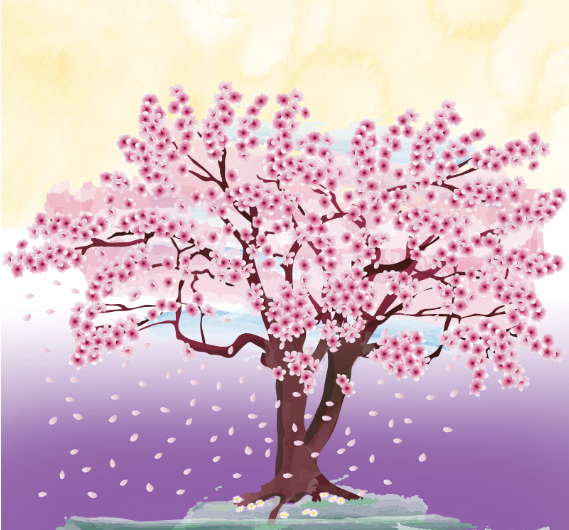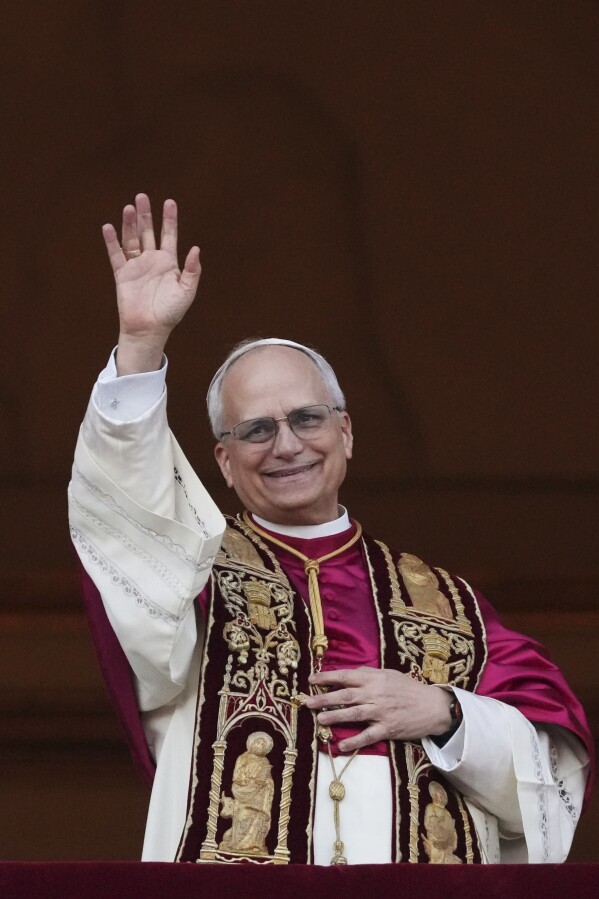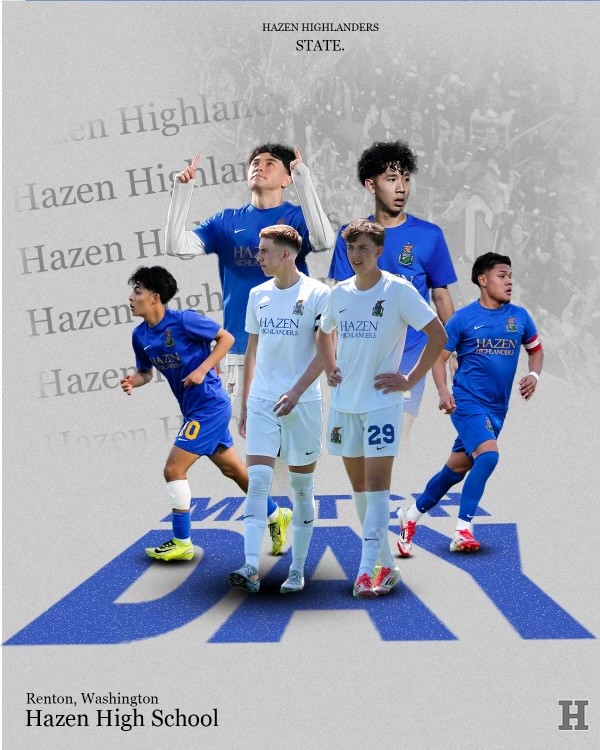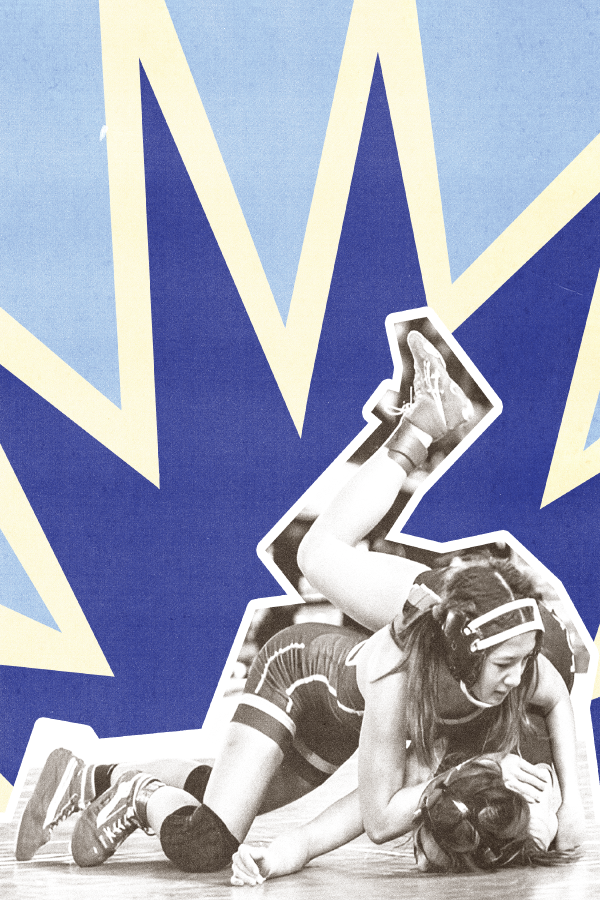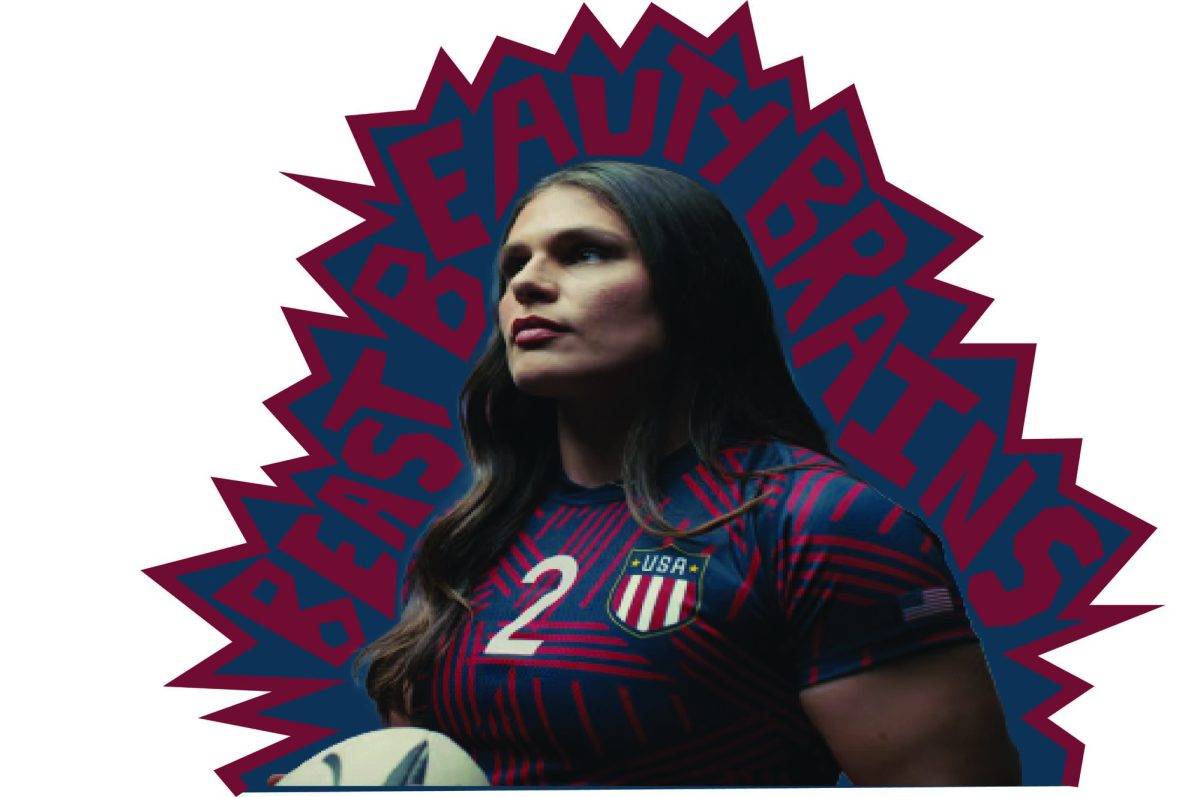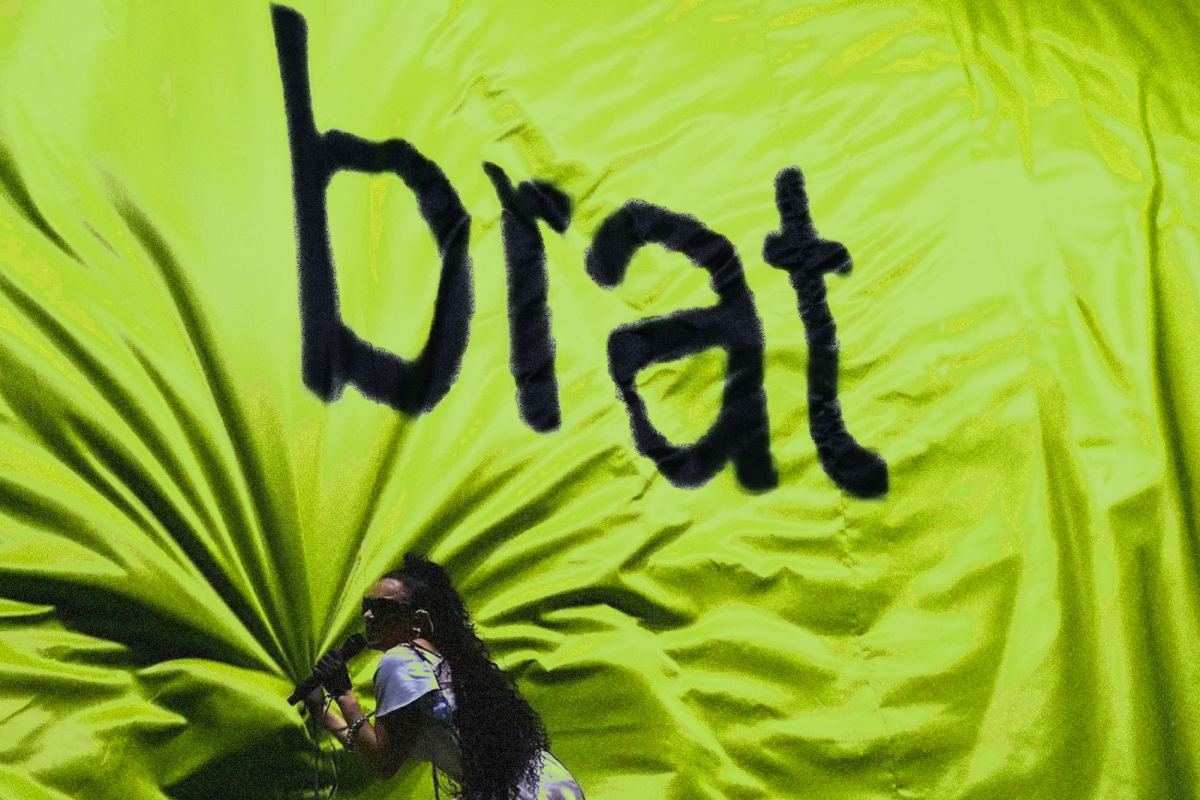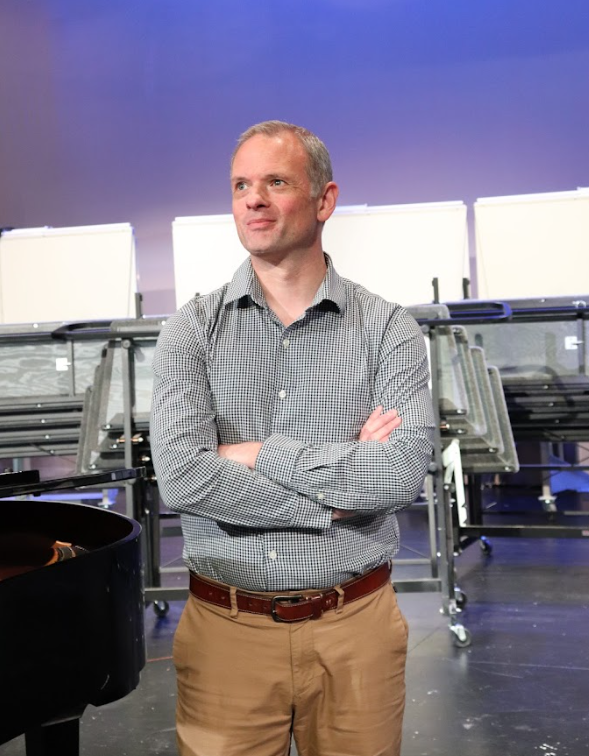Every four years, the Summer Olympics welcomes back top athletes from all over the world to compete in a variety of events. This year, it will be held in Paris from July 26 – August 11. The previous one was Tokyo 2020, however, it was held a year after its original date due to COVID. We can’t wait to enjoy the games before they return, to Los Angeles in 2028. This year, to make the medals more prestigious, they are incorporating scrap metal from the Eiffel Tower into each medal.
The Paris Olympics opening ceremony will be held on the Seine River, open to all, as they introduce their slogan this year, Games Wide Open. Boats of athletes will cross the river parade as the ceremony takes place on the water.
Technically, there is no age restriction to compete, though some sports or countries are allowed to place additional requirements. To compete on an international level, the competitor would have to pass through and place at the Olympic Trials for each country, to see which individuals will represent each country in every sport in Paris. In the US, Olympic trials are being held nationwide, with the closest being from June 21 – 30, USATF Trials are held at Hayward Field (University of Oregon) in Eugene, Oregon.
The 2024 lineup for sports consists of 3×3 Basketball, Archery, Artistic Gymnastics, Artistic Swimming, Track & Field (Athletics), Badminton, Basketball, Beach Volleyball, Boxing, Canoe Sprint, Canoe Slalom, Cycling BMX, Freestyle, Cycling BMX Racing, Cycling Mountain Bike, Cycling Road, Cycling Track, Diving, Equestrian, Fencing, Football, Golf, Handball, Hockey, Judo, Marathon Swimming, Modern Pentathlon, Rhythmic Gymnastics, Rowing, Rugby Sevens, Sailing, Shooting, Skateboarding, Sport Climbing, Surfing, Swimming, Table Tennis, Taekwondo, Tennis, Trampoline, Triathlon, Volleyball, Water Polo, Weightlifting, Wrestling
The newest edition to the lineup is the Breakdancing Category, a freestyle dance competition to music selected and scratched by DJs. Based on creativity, the new event does have more subjectivity on the performance by the scorers. There are only 4 contestants allowed per continent.
Something particularly different about the 2024 Olympics is the surfing event. It’s a little hard to surf in Paris with the right conditions, so to catch a wave, competitors will be heading to Teahupo’o Beach in Tahiti, an island in French Polynesia for the venue.
The original Olympics date back to Greece in 776 BC, a religious event in honor of the Greek God Zeus, the God of sky and thunder. The Games challenged athletes in running, long jump, shot put, javelin, discus, boxing, pankration (combat), pentathlon, and equestrian (horse and chariot races) events. In 393 AD, Roman Emperor Theodosius I banned the ancient Olympics due to fear of paganism. They wouldn’t be back until 1896, when Baron Pierre de Coubertin formed the International Olympic Committee, holding the first modern Olympics in Athens, Greece.
The sports introduced in the modern Olympics started with 9 sports: Athletics (Track & Field), Cycling (Road & Track), Fencing, Gymnastics, Shooting, Swimming, Tennis, Weightlifting, and Wrestling.
As the Olympics evolve, more sports get added to the ever-increasing roster. Currently, there are 40 sports (32 Summer, 8 Winter), each with different events. They also categorized differently, differentiating the seasons, the Paralympics, and the Youth Olympics.
As much as the Olympics provide a well-televised and celebrated source of entertainment and display of athletic abilities, more often than not, the lasting impact on the host city remains longer than the showcase itself.
During this time, the cost of renting rooms, food, and other expenses will rise to meet the demands of participants, guests, and viewers. The need for new infrastructure as large and as specialized as the Olympics require will be needed anew.
There is much criticism about the toil the city faces with a sudden surge of the population in the few days it occurs. More often than not, the payout isn’t as much as the cost. Cities have to compete in a bidding war to be awarded the pleasure of hosting the Olympics. While tourism does benefit the city’s economy, infrastructure, and other expenses; sometimes they exceed the budget, leaving them in much financial trouble. For example, the Montreal Games in 1976 suffered much financial stress when they went over their $250 million budget to an estimated cost of $1.4 billion. This large debt took 30 years to pay off due to poor planning and lack of budget management. (Investopedia)
Similarly, for the World Cup in 2022, Qatar had built and redeveloped 8 stadiums. Though they might be put to use, the expenses and funding required don’t make up for the now less-frequently used facilities that cost billions of dollars to make for a mainly one-time necessity.
In history, women have time and time again pushed the limitations of society’s expectations. Women started to compete in the 1900 Olympics, however they faced many challenges in a male-dominant field. At the time, only golf and tennis were women-only, however, since then, a more equal balance has been encouraged in time.
“The IOC’s role is to encourage and support the promotion of women in sport at all levels and in all structures to implement the principle of equality of men and women” (2015 Olympic Charter, Rule 2, Paragraph 7). This required women to be competing in every event alongside men, since 2007. Since then, women have been celebrated for their achievements and progress in the ongoing battle for women’s equality.
According to CNN’s “There may be more Olympians who identify as LGBTQ than ever before. But there are limits to inclusion,” only recently have transgender people been allowed to compete in the Olympics, since 2004. However, few did until Tokoyo 2021, where 168 LGBTQ athletes represented their countries. Important speakers and activists on such disparities are Megan Rapinoe, Sue Bird, Brittney Griner, Emma Twigg, and many more. The reason why competitor numbers remained low for such as long time is due to factors such as stereotypes, wrongful language, and strong dissuasion of athletes starting at a young age. These influences combine with many national legal laws that criminalize being LGBTQ in host cities. Struggles in the past included a mandatory ‘sex-testing’ till 2000, where athletes’ bodies would be checked to see any ‘abnormalities’ to what is typically binary to genders to prevent advantageous traits during competition. A prime example of this was seen with Caster Semenya, a woman who was intersex. That meant that they had traits that didn’t quite fit one certain binary sex. Semenya was a track and field athlete, who produced high testosterone, something that was controlled by their genetic makeup. After refusing to take medication to lower their naturally high testosterone, the World Athletics Committee banned them from competing in their race due to this, even suggesting surgery as a solution (CNN).
Similarly, the Olympics has also been used to stand up to injustices and other international conflicts during war-prone times. Starting off with the landmark Berlin Olympics, held in Nazi Germany – Jesse Owens is a common figure that represented USA, bringing back 4 gold medals, and shunning Hitler’s image. Representing Team USA, a University of Washington rowing team, the Boys in the Boat, also competed during this time. Similar to Jesse Owens, the team took gold and again showed American glory as the Nazis suffered another monumental loss. Together, they protested the growing movement of Nazism and their mistreatment of Jewish communities.
Olympics in the past have also been important venues for boycotting. For example, the 1980 Moscow Olympics, held in Russia, were boycotted by America and other countries, due to Soviet invasion of Afghanistan (apnews). The Soviet-Afghan War resulted in countless lives taken and the destruction of Afghanistan until Soviet forces retreated, and eventually disbanded. Already tense during the Cold War and other international conflicts, many countries pulled out from the 1980 Olympics.
The Olympics have been a longstanding human tradition for most of the time. The sheer display of athletic capabilities is a celebration of athletes, nations, and sports. It’s a place for many different types of people to come together and represent many types of backgrounds and erect new records for future generations. The Olympics also is a meaningful time to shed light on political issues and inequalities and to make change and progress every year for all. The Olympics are part of history, and we must carry the legacy on.

